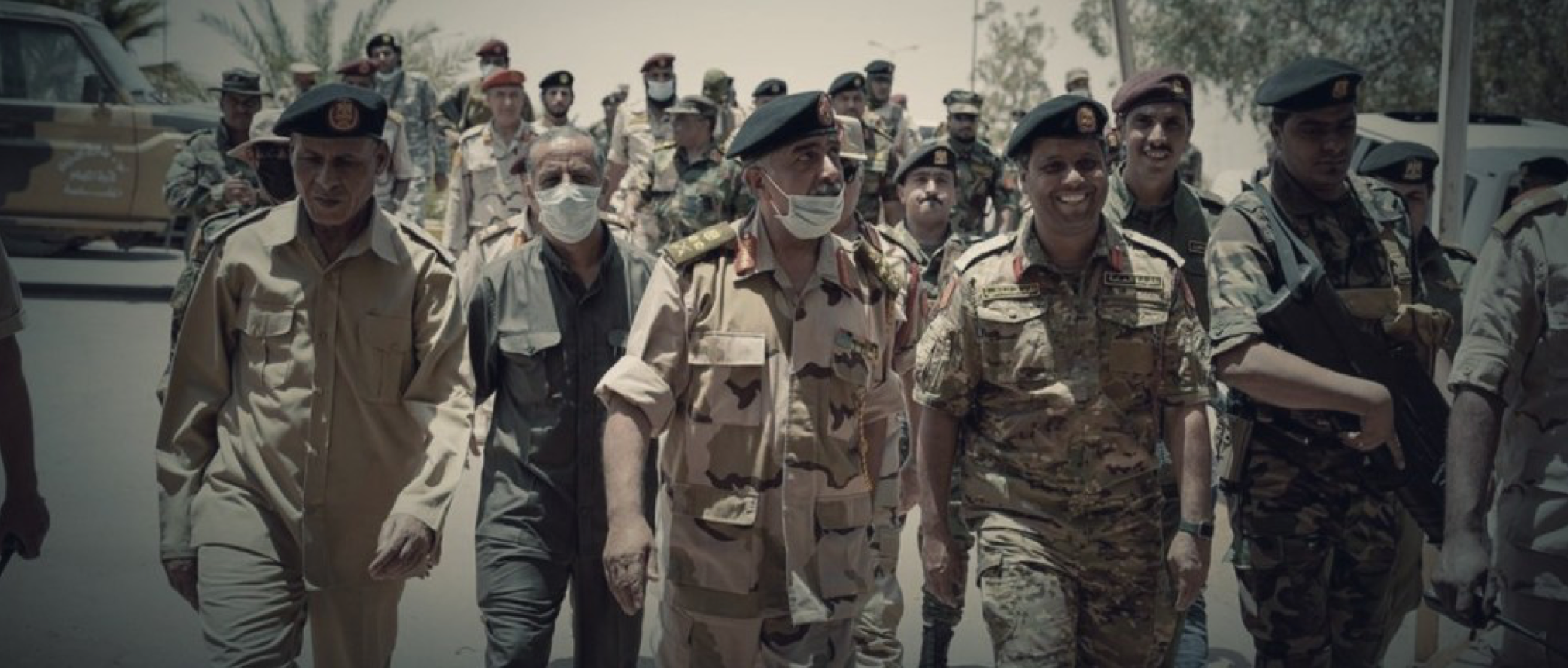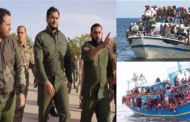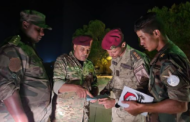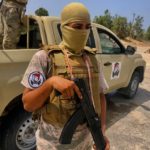Aug. 12, Volcano of Rage senior officer Tariq Mahmoud Qaliaw found shot dead in car in Tripoli’s Janzour area.
Aug. 10, militias clash in Al-Zawiya city employing heavy weapons.
Aug. 15, Libya’s Ambassador to EU, Hafez Kaddour resigns in opposition to GNU policies.
TRIPOLI
- Aug. 12 morning, the body of a military field commander was found shot dead in his car in the Janzour area, west of Tripoli. The man was identified as Tariq Mahmoud Qalia, a member of the Burkan Al-Ghadab (Volcano of Rage) operation, who participated in the armed conflict between the Government of National Accord (GNA), and the eastern-based Libyan National Army (LNA);
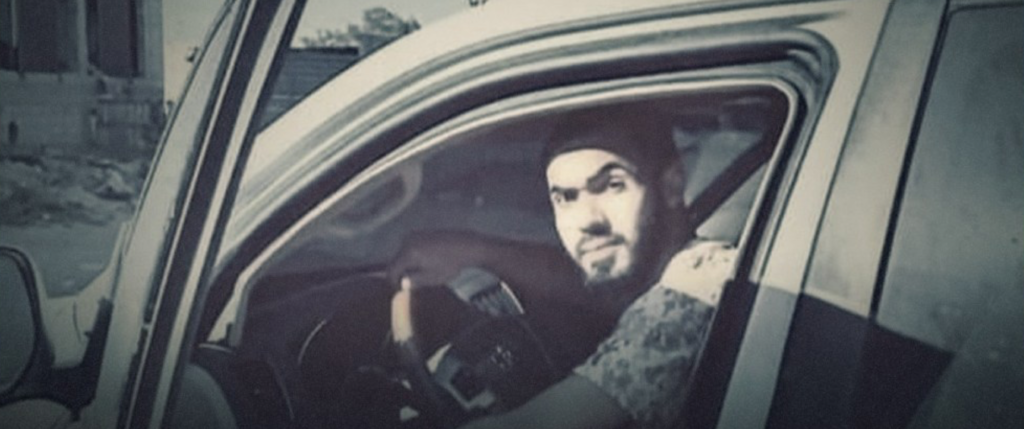
- Aug. 11, the United States shared its deep concern with the United Nations Support Mission in Libya (UNSMIL) over the abduction of Rida Afritis, the Chief of Staff for the First Deputy Prime Minister of the Government of National Unity (GNU). Unidentified gunmen abducted Afritis with his colleague on 2 August 2021, following his visit to GNU offices in Tripoli. The fate and whereabouts of both Afritis and his colleague remain unknown, and the US Embassy expressed concern for their safety and security. The Embassy also condemned all illegal arrests, detentions, and forced disappearances in Libya.
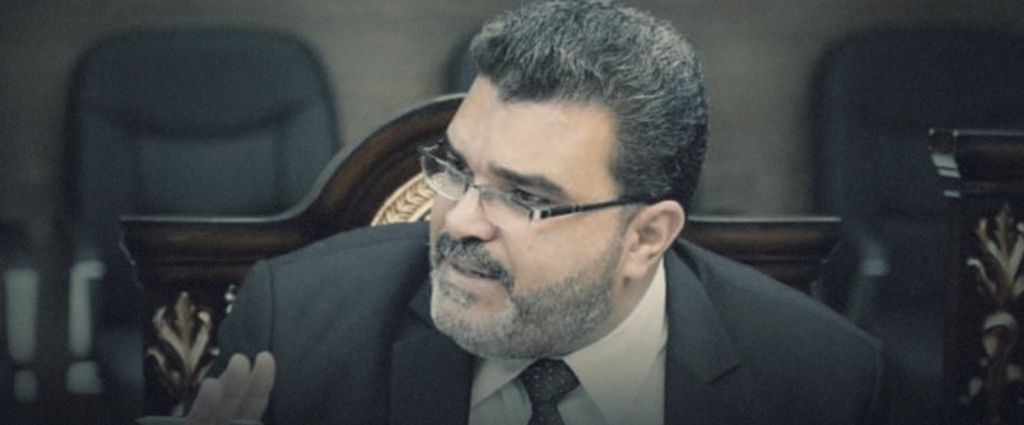
ZUWARA
- Aug. 9, local security services in Zuwara, western Libya, discovered the body of Khaled Bashir Abzah, 55, on the side of the road in the Al-Zarir area of Al-Jmail city, days after his family reported him missing;
TOBRUK
- Aug. 14, Mohammed Al-Menfi, President of Libya’s Presidential Council, arrived in Tobruk city. He is set to meet with a number of municipal officials and civil society representatives to discuss national reconciliation, according to a brief statement by the Council’s media office. Al-Menfi’s visit to the eastern Libyan city will “last for several days”, said the Council. The heads of Tobruk, Bir al-Ashhab and Musaid municipalities received Al-Menfi upon his arrival at Tobruk International Airport. In addition, a number of representatives from civil society institutions and regional elders were also present, according to a statement;
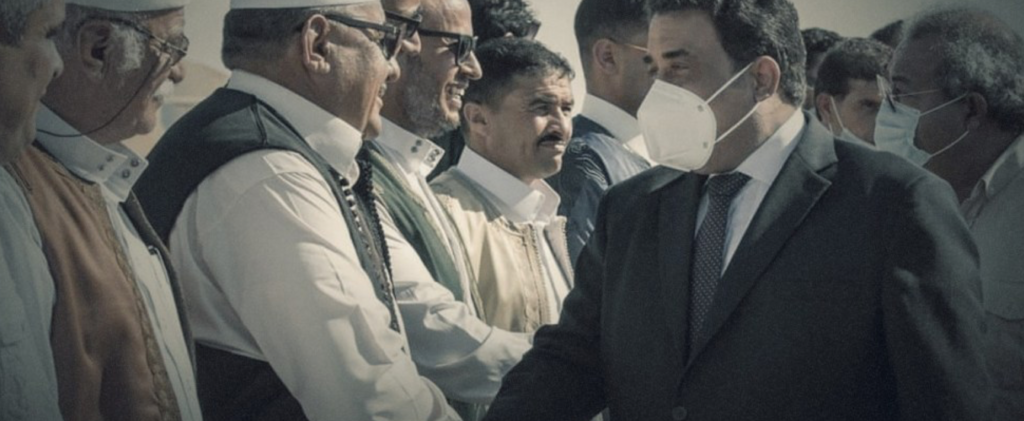
AL-KUFRA
- Aug. 10, the Sobol Al-Salam Brigade, affiliated with the Libyan National Army (LNA), seized a number of smuggled vehicles in Al-Kufra city that were on their way to Sudan, with a number of the vehicles being driven by foreigners and Libyans;
AL-ZAWIYA
- Aug. 10 evening, clashes erupted between a militia led by Mohamed Bahroun ‘Al-Far’ (The Rat), and other rival groups affiliated with the Government of National Unity’s (GNU) Ministry of Defence in Al-Zawiya city, sources told the 218 News Channel. The sources added that medium and heavy weapons were used during the fighting between the the two sides, who are seeking to establish greater dominance over parts of the Coastal Road for fuel smuggling.
UBARI
- Aug. 12, the Libyan National Army’s (LNA) Chief of General Staff, Lieutenant-General Abdel-Razek Al-Nazori led a military committee to the southern city of Ubari, in order to inspect the forces positioned there and review their work, according to a statement by the LNA’s Media Division.
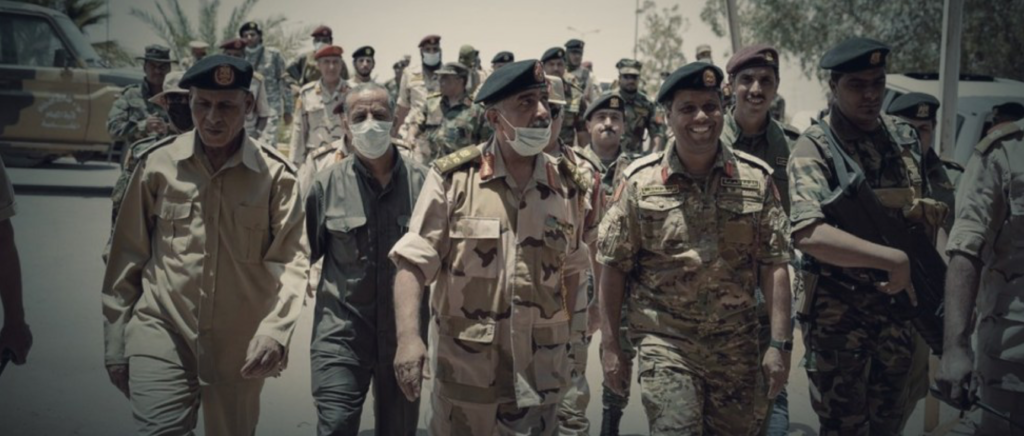
JABAL AL-AKHDAR
- Aug. 12, fires broke out in the forests of Al-Bayada, in the Jabal Al-Akhdar region, northeastern Libya. Several activists on social media shared photos and videos of the raging fires. There were no official reports of casualties as a result of outbreak.During the past few days, Tunisia and Algeria, which border Libya, have also witnessed massive forest fires;

NATIONAL POLITICS
- Aug. 14, the National Human Rights Commission in Libya (NHRCL) said that it continues to follow the initial reports circulated online and the humanitarian appeals launched by the family of the jailed former Gaddafi Intelligence Chief, Abdullah Senussi. He is currently in Tripoli’s Mitiga prison and there are concerns for his “deteriorating health”. Several pages on social media outlets circulated statements attributed to Abdullah Senussi’s daughter confirmation that her father is suffering from cancer. She is accusing authorities who are detaining him of preventing access to medical care;
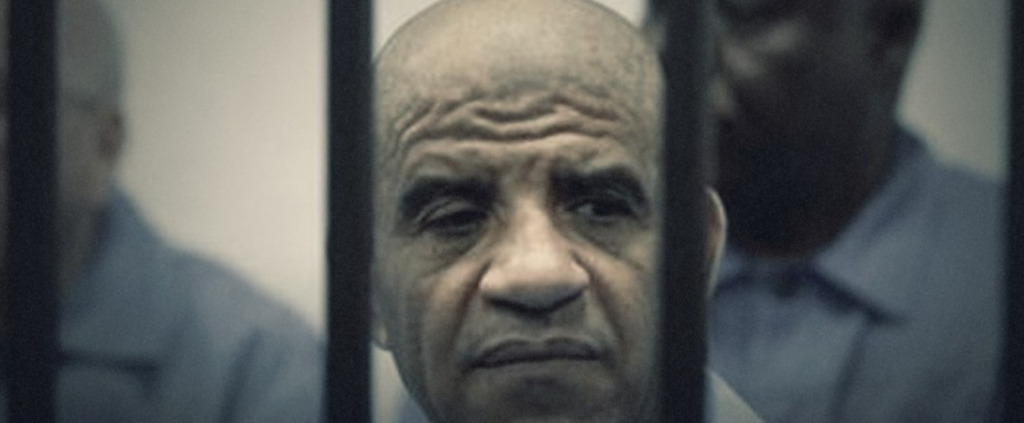
- Aug. 12, Libya’s Interior Minister, Khaled Mazen stressed that holding the upcoming December elections on time, is the only real way to rebuild a stable and secure state. This came during a meeting with a Swiss delegation consisting of the Assistant Foreign Minister for Migration Affairs, the Director of International Affairs at the State Secretariat for Migration, and representatives from the Swiss Ministry of Justice.
IMMIGRATION AND NATIONAL SECURITY
- Aug. 15, Libyan authorities decided to shut off water supplies to various areas in the country after gunmen demanded the release of a jailed Gaddafi-era official and threatened to sabotage the water network. Supplies to western and southwestern Libya were interrupted overnight Saturday to Sunday, the Great Man-Made River water authority said. The authority took the decision to cut the supply after gunmen stormed several water distribution centres Aug. 12, demanding the release of Abdullah al-Senussi;
- Aug. 15, the official spokesperson for the Chief of Staff of the Libyan Naval Forces confirmed that the coast guard managed to rescue 71 migrants. Through his official Facebook account, the spokesperson explained that the rescued migrants of several African nationalities were on their way to European shores on a rubber boat;
- Aug. 13, the Nigerian government repatriated 22 family members of suspected former members of the Islamic State (ISIS) killed in Libya. The 22 people, including children, are said to be part of 101 stranded Nigerians repatriated to the country and were received by officials of the Ministry of Foreign Affairs;
- Aug. 14, Libya’s 5+5 Joint Military Commission (JMC) kicked off its seventh meeting in the coastal city of Sirte. The delegations of the 5 + 5 JMC from the western region and the United Nations Support Mission in Libya (UNSMIL) arrived in Sirte Aug. 13 evening, via the coastal road linking East and West. During the two-day talks, the JMC delegations are set to discuss a proper mechanism for the withdrawal of mercenaries and foreign fighters from the Arab country;
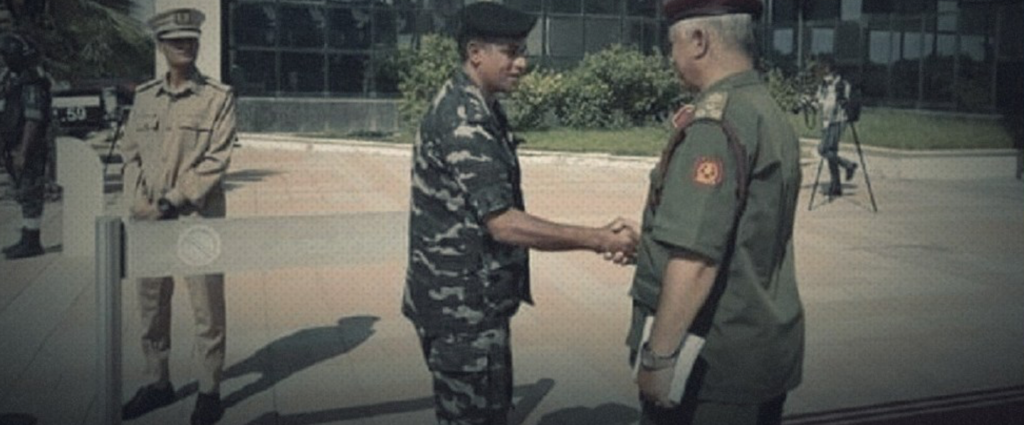
- Aug. 12, Libya’s Foreign Ministry held a meeting in Tripoli with the European Union Mission to Libya, to discuss enhancing and supporting Libya’s border security and management, developing search and rescue operations, and combating smuggling and human trafficking networks;
- Aug. 11, Libyan Minister of Foreign Affairs, Najla Al-Mangoush met with the Attorney General, Al-Siddiq Al-Sour. They discussed a number of important issues, including illegal immigration and ways for the state to address it. Al-Mangoush reviewed the legal measures taken by the MFA in terms of organising its work, and eliminating all legal abuses. She pointed to the importance of terminating the work of ambassadors and diplomats who have exceeded their tours of duty abroad, and those who have reached the legal age for retirement;
- Aug. 11, Libya’s Foreign Minister, Najla Al-Mangoush held a meeting in Tripoli with the Undersecretary of the Ministry of Interior for Public Affairs, Brigadier Mahmoud Saeed. During the meeting, Saeed briefed Al-Mangoush on the work at the border crossings with neighbouring countries, and the measures being taken to secure them;
- Aug. 10, the Prime Minister of the Government of National Unity (GNU) Abdel-Hamid Dbaiba dismissed the Head of the National Center for Disease Control (NCDC), Dr. Badr Al-Din Al-Najjar, and appointed Dr. Haider Al-Sayeh as his successor. The decision comes in light of a rapid surge in COVID-19 cases across the country during the last five weeks, with infections rising faster than in previous months;
- Aug. 9, Major General Khaled Al-Mahjoub, Director of the Moral Guidance Department in the Libyan National Army (LNA), said that “the basis for the stability of our country is the exit of Turkey and mercenaries.”– “We seek to liberate our homeland and are not advocates of war, and Ankara sees Libya as a rescue line for the Turkish economy. Turkey is exploiting the chaos to get Libya’s money, and we will not accept the presence of mercenaries and foreign forces on our lands,” he said;
- A member of Libya’s 5 + 5 Joint Military Commission (JMC), and Military Prosecutor, Major General Faraj Al-Sousa called on the government to cancel all agreements with all foreign states, “if it is truly a Government of National Unity (GNU).” Al-Sousa claimed that the JMC’s mission is to insist on implementing the outputs of two Berlin Conference’s, including the withdrawal of all foreign forces from the country, after securing the reopening of the Coastal Road. He stated that they would demand that the United Nations hold a meeting in Geneva to meet the sponsoring countries of the Berlin I-II agreements, and ensure the withdrawal of all foreign fighters and mercenaries from the country, without any preconditions.
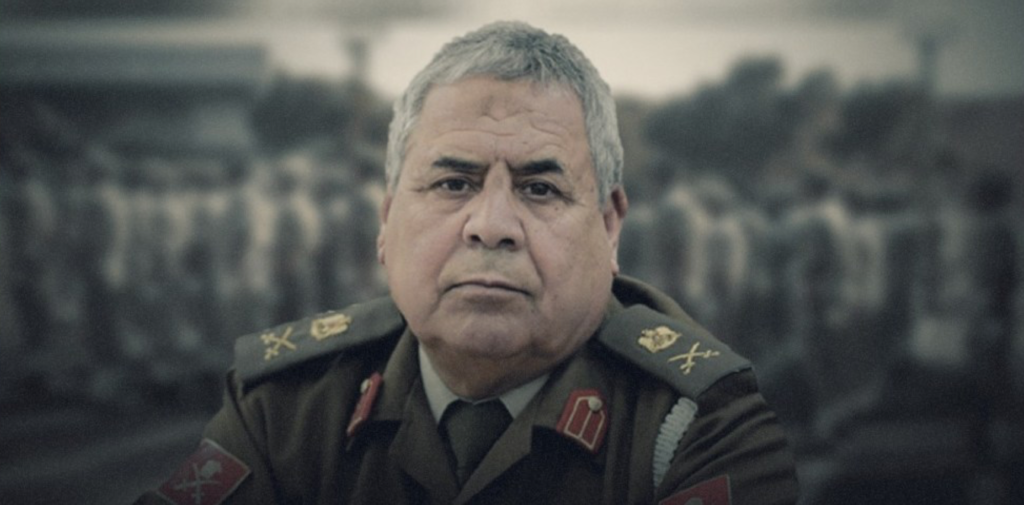
- Aug. 9, Field Marshal Khalifa Haftar, Commander-in-Chief of the Libyan National Army (LNA), reshuffled a number of senior military commanders and heads of military zones, on the occasion of the 81st anniversary of the founding of the National Army on 10 August, in the Abu Rawash area west of the Egyptian capital, Cairo.
- Aug. 9, the Syrian Observatory for Human Rights (SOHR) reported that about 130 Syrian mercenaries were repatriated to Syria, as a new batch of fighters has reportedly arrived to replace them.
INTERNATIONAL RELATIONS
- Aug. 15, Libya’s Ambassador to the European Union (EU), Hafez Kaddour, announced his resignation, in opposition to the policies and practices of the Government of National Unity (GNU) and its actions in the internal and external fields. In a statement posted on his Twitter account, Kaddour said that he is submitting his resignation to the President of the Presidential Council, Mohamed Al-Menfi. He explained that this resignation comes as a “clear and public objection to the policies and practices of the interim government and its actions in the internal and external fields.”
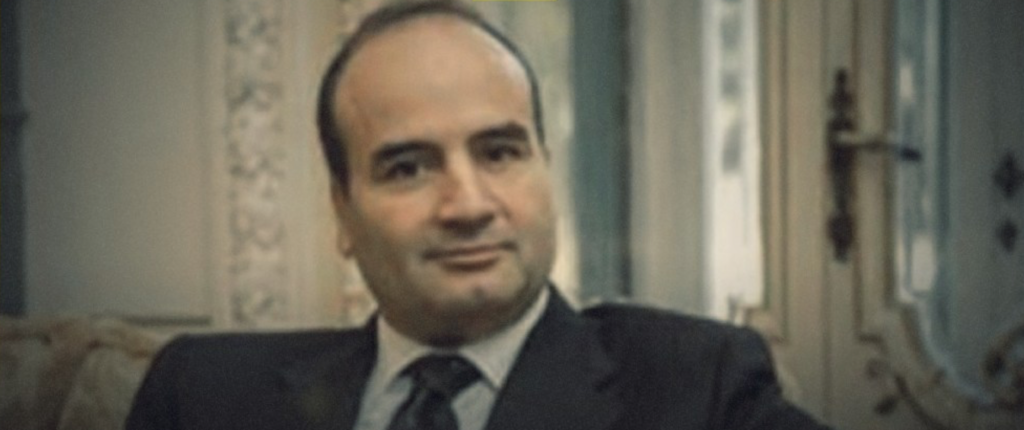
- The Deputy Head of the Libyan Presidential Council, Moussa Al-Kouni, discussed the developments in Libya, with the United States (US) Acting Assistant Secretary of State for Near Eastern Affairs, Joey Hood. Aug. 13, the Presidential Council Spokeswoman, Najwa Wahiba, said that the two sides discussed the Libyan elections to be held next December. The talks also touched upon unifying the Libyan army and concluding national reconciliation in the country;
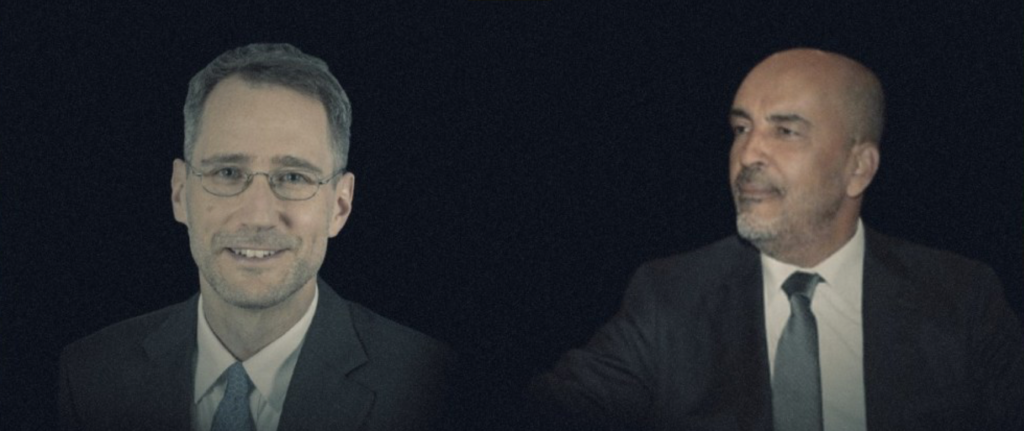
- The new governor of the western Darfur region, Mini Arko Minawi, announced Aug. 10 that he has agreed to reopen the borders for trade with Libya and other neighbouring countries. Minawi, who spoke at his inauguration ceremony, said he wants to “build Sudan and put down the guns.” The Head of Sudan’s Sovereign Council, Abdel Fattah Al-Burhan, in addition to other officials participated in the inauguration ceremony for Minawi;
- Aug. 11, Bahraini Foreign Minister, Abdullatif Al-Zayani held a meeting with his German counterpart, Heiko Maas to discuss the situation in the Middle East, especially Libya. Al-Zayani expressed his appreciation for Germany’s active role in the region, especially the Libyan crisis. He praised Germany’s efforts in hosting the Berlin I and Berlin II Conference;
- Aug. 11, Commander-in-Chief of the Libyan National Army (LNA), Field Marshal Khalifa Haftar, and the US Ambassador to Libya, Richard Norland held talks in Cairo amid international efforts to salvage a UN-brokered roadmap to hold elections later this year. During the talks, Ambassador Norland stressed that the US continues to focus on supporting the necessary compromises to establish a constitutional basis and legal framework required to hold elections on 24 December 2021;
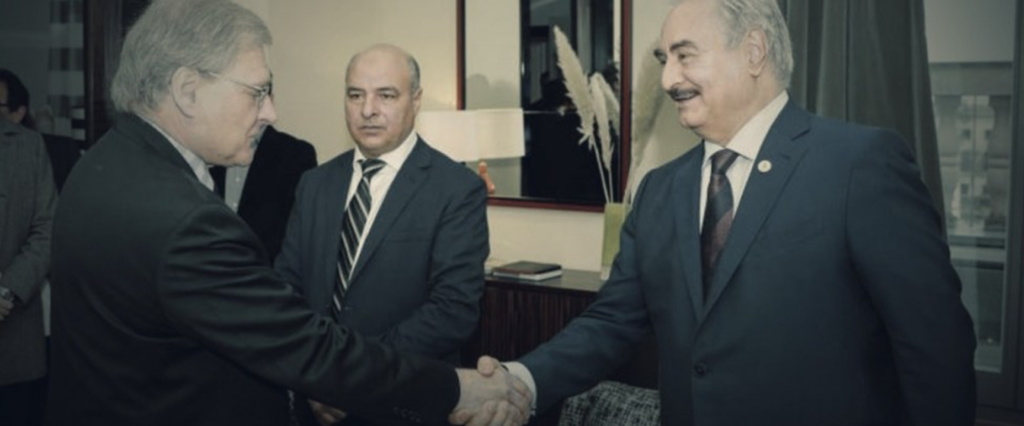
- Aug. 11, the UN Secretary General’s Special Envoy to Libya, Jan Kubis, said that the protracted stalemate, which is feeding on mistrust and the trading of accusations, risks undermining the very essence of the country’s peace roadmap;
- Italian Interior Minister, Luciana Lamorgese said the situation in Libya remains dangerous, and it is not yet clear whether the Libyans will be able to hold elections by the end of December. Lamorgese said, in an interview with the Italian newspaper La Stampa, that immigration is a complex problem, “there is no invasion, but the numbers are increasing.” She explained that Libya and Tunisia, where the majority of migrants department from, are experiencing a crisis;
- Aug. 9, Libyan Parliament Speaker, Ageela Saleh met with the US Ambassador to Libya, Richard Norland in Cairo, to discuss the latest developments and the upcoming December elections. A source close to the Parliament told Al-Saaa24 that Ambassador Norland had also met with several senior Libyan figures, and discussed the peace process in the country, including the 24 December elections;
- Head of the Employment Registration Division at the Egyptian Federation of Chambers of Commerce, Hamdi Imam said that the Egyptian government is working on a plan to send two million Egyptian workers to help rebuild Libya, in the next three years. Imam confirmed that Libya is a promising market for Egyptian workers, and explained that the workers who will travel to Libya differ from those that existed before 2011, in terms of skill and efficiency;
- Operation IRINI Commander, Rear Admiral Fabio Agostini said that the EU needs clear guidelines to improve interoperability while avoiding fragmentation, in order to cope with growing global competition in the Defence industry. In his speech at the Prague European Summit 2021, Agostini said: “with the launch of Operation IRINI, the EU has demonstrated its ambition to act as an important security provider. This ambition confronts the Member States with the dual need for greater cooperation in defining strategic objectives, and better financial planning for resources to be allocated to capacity building”;

